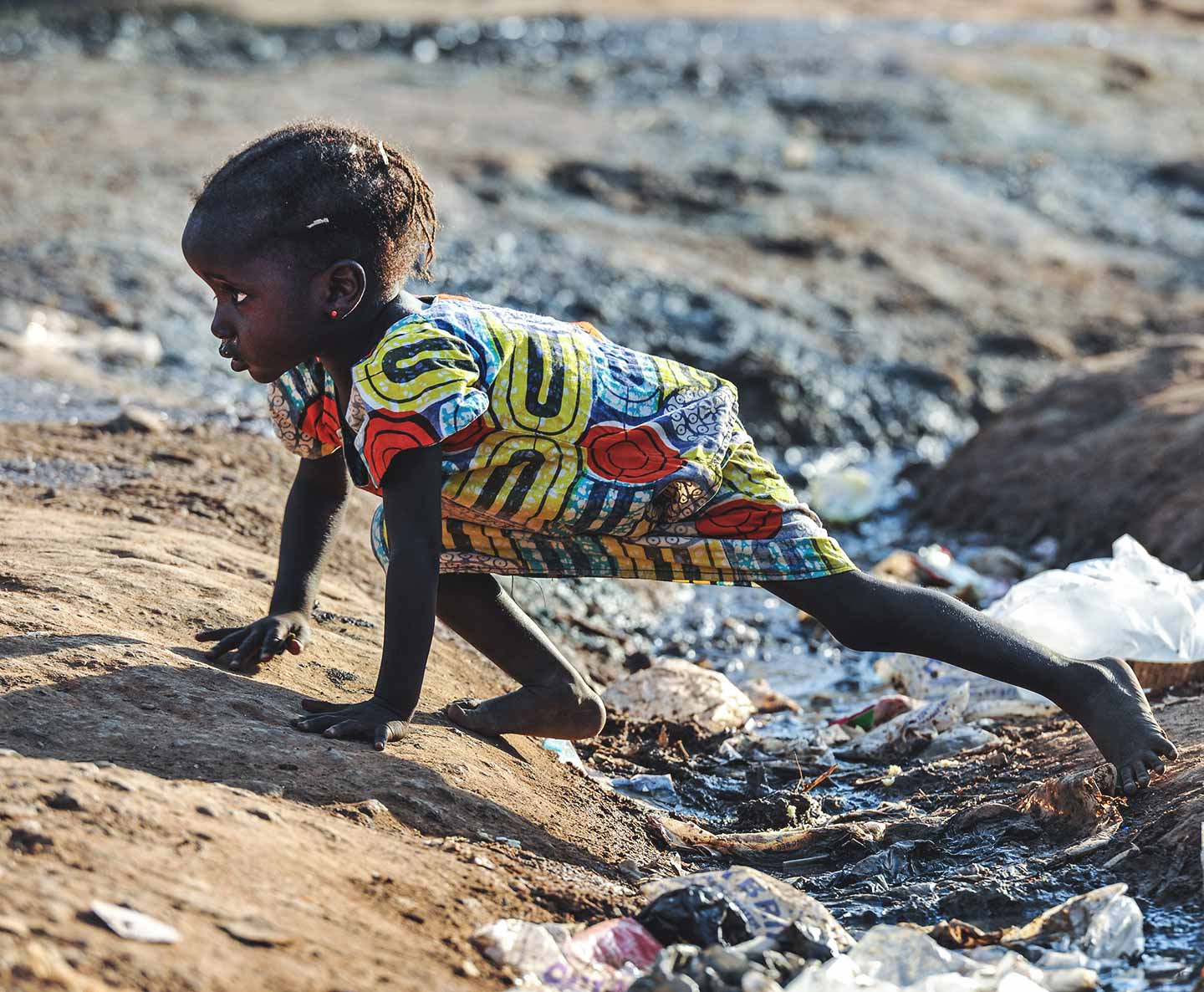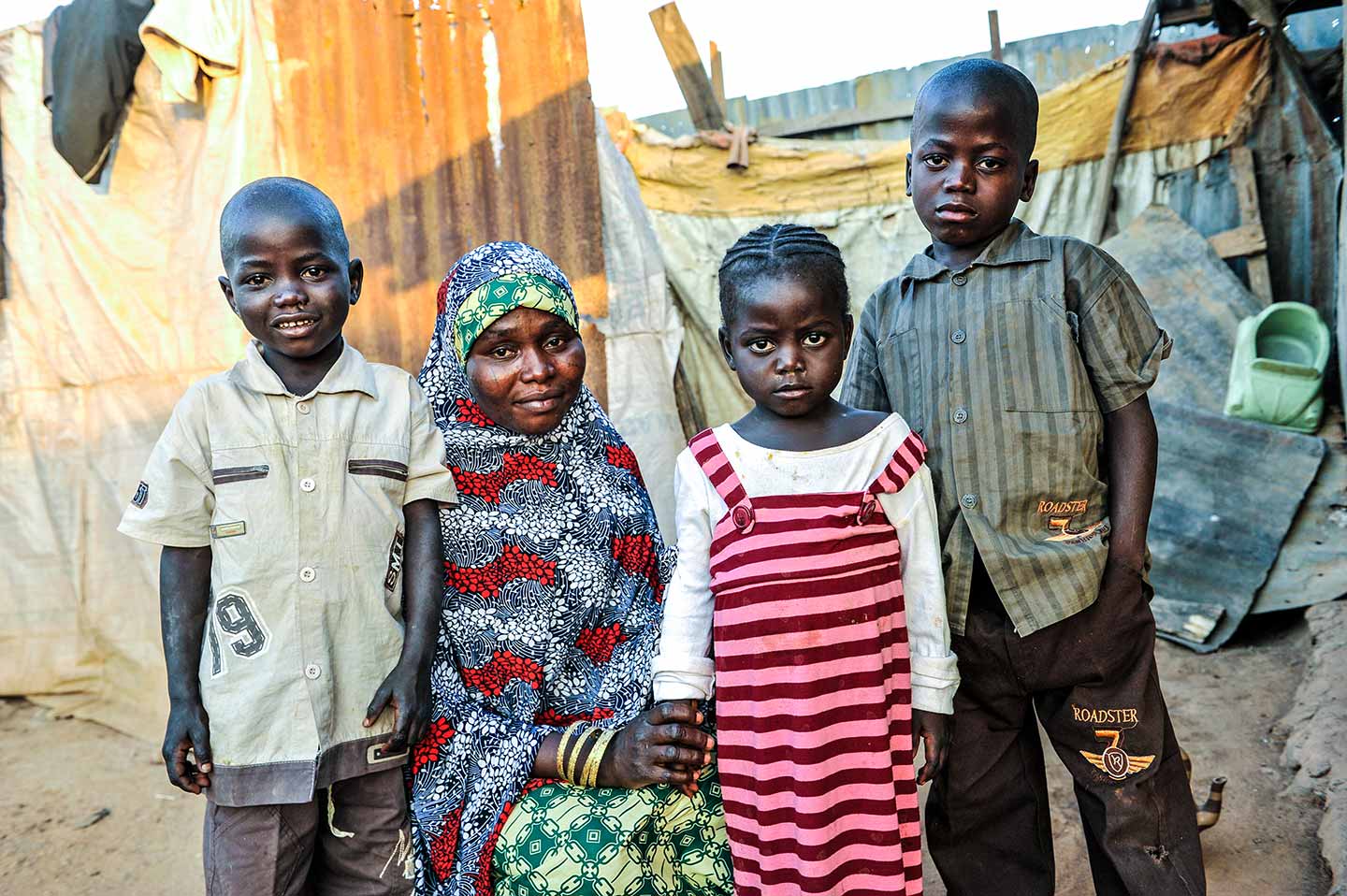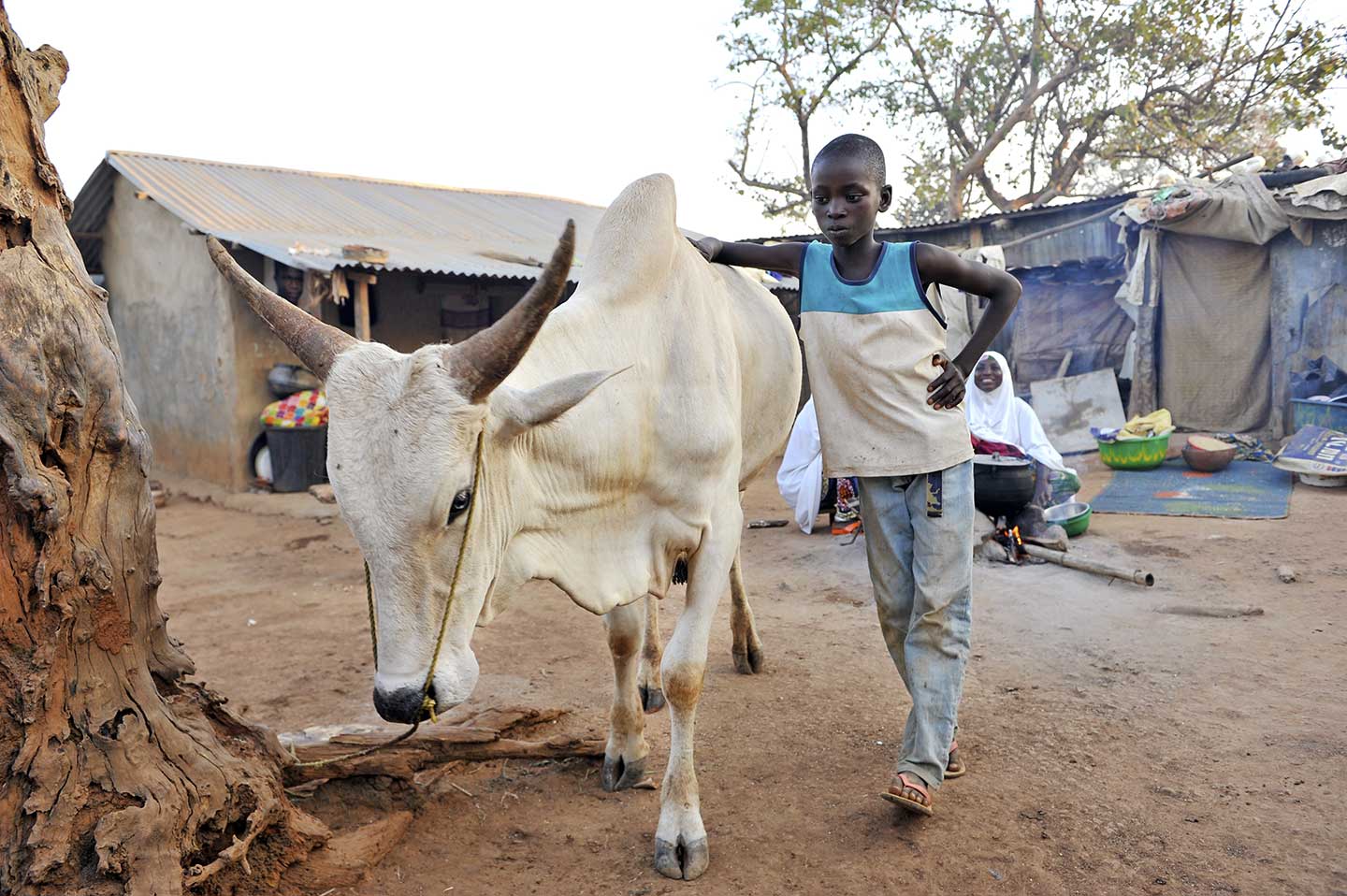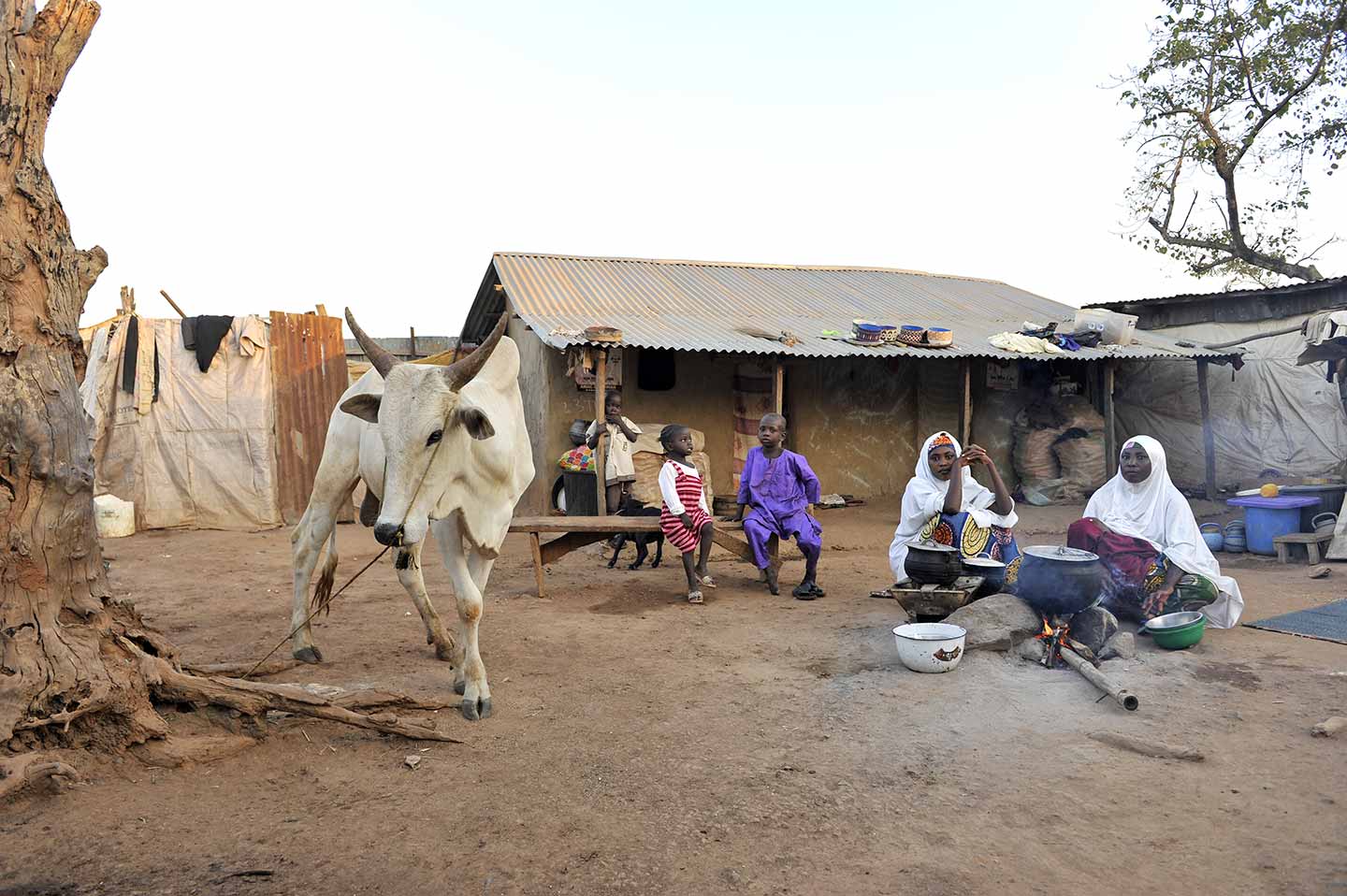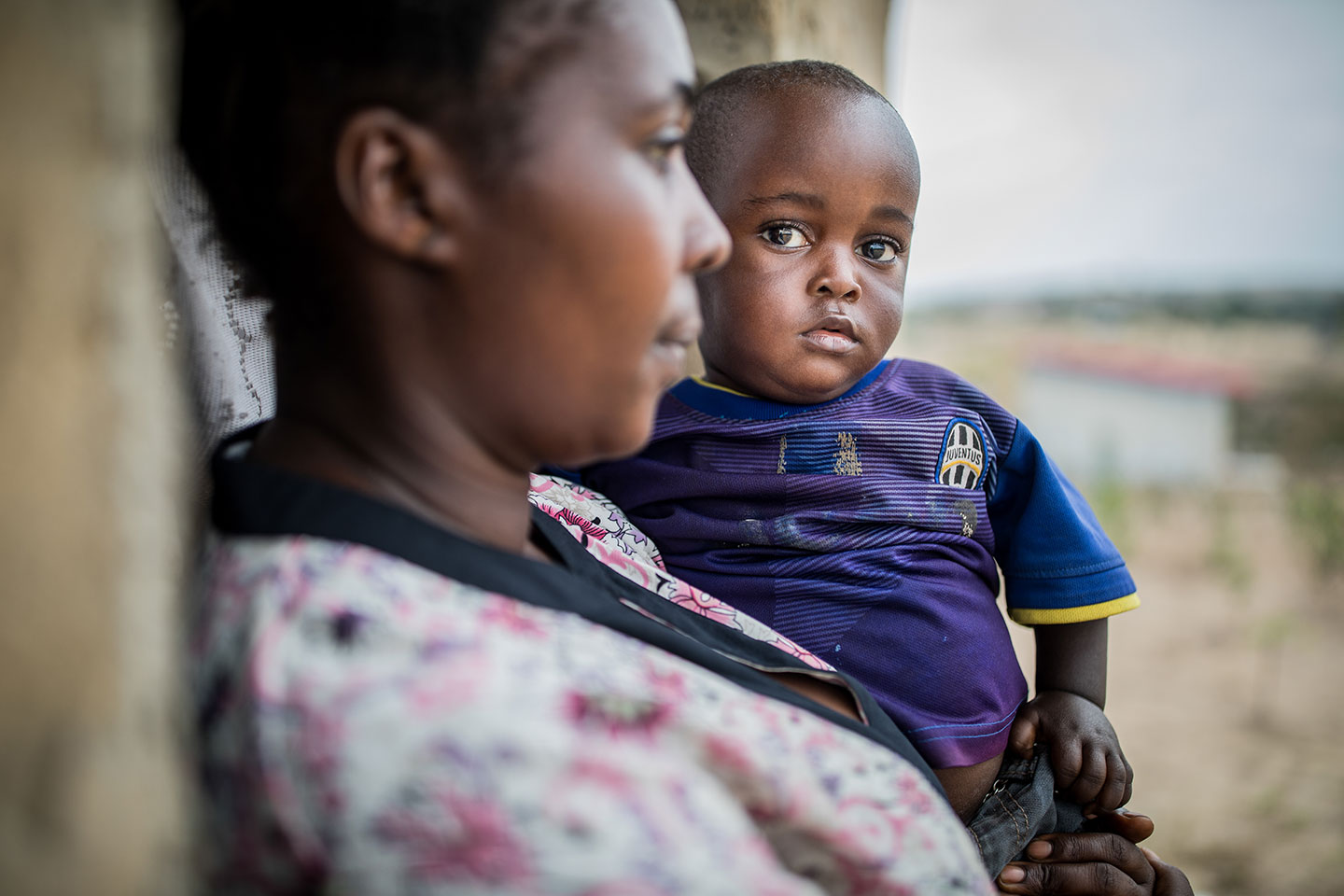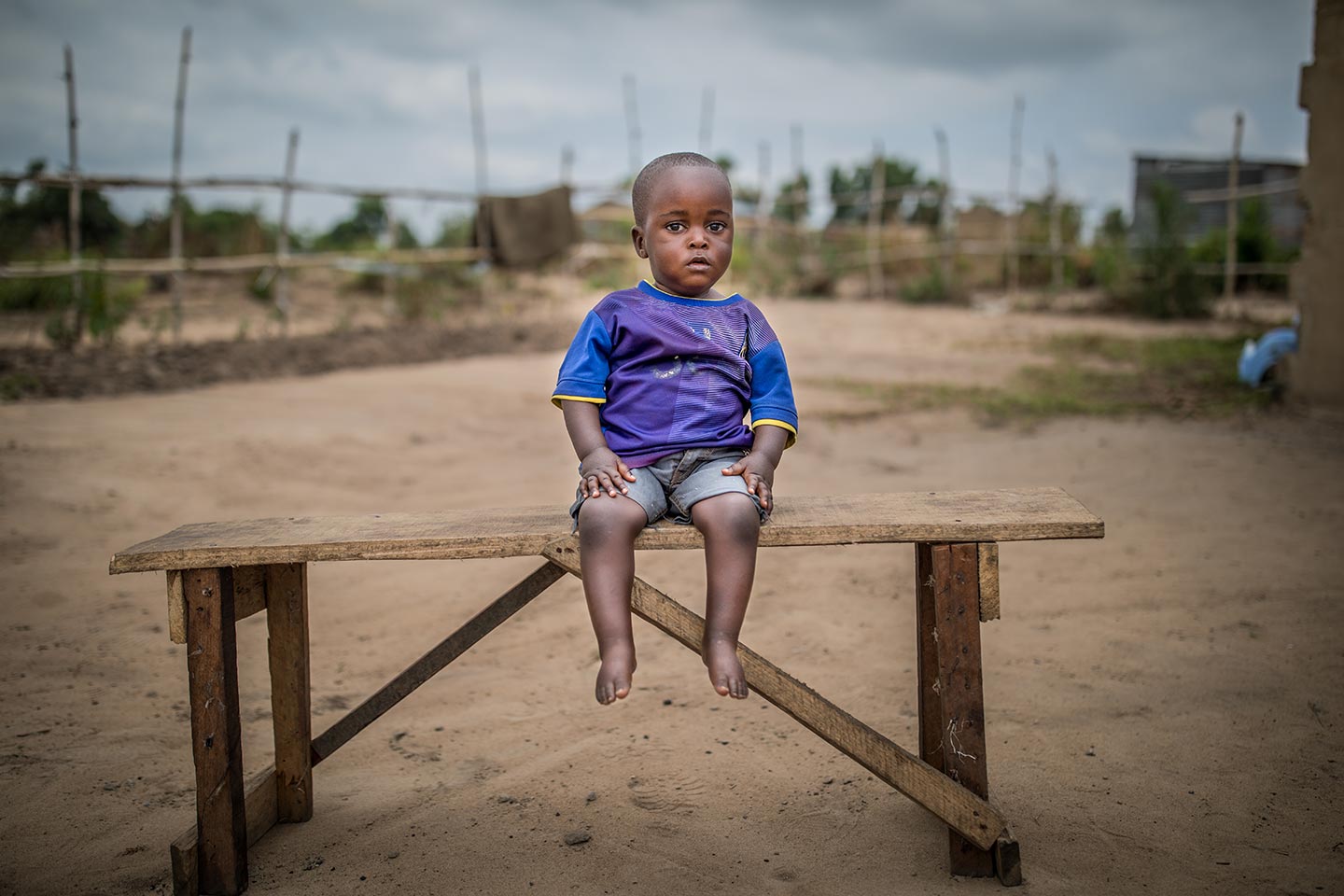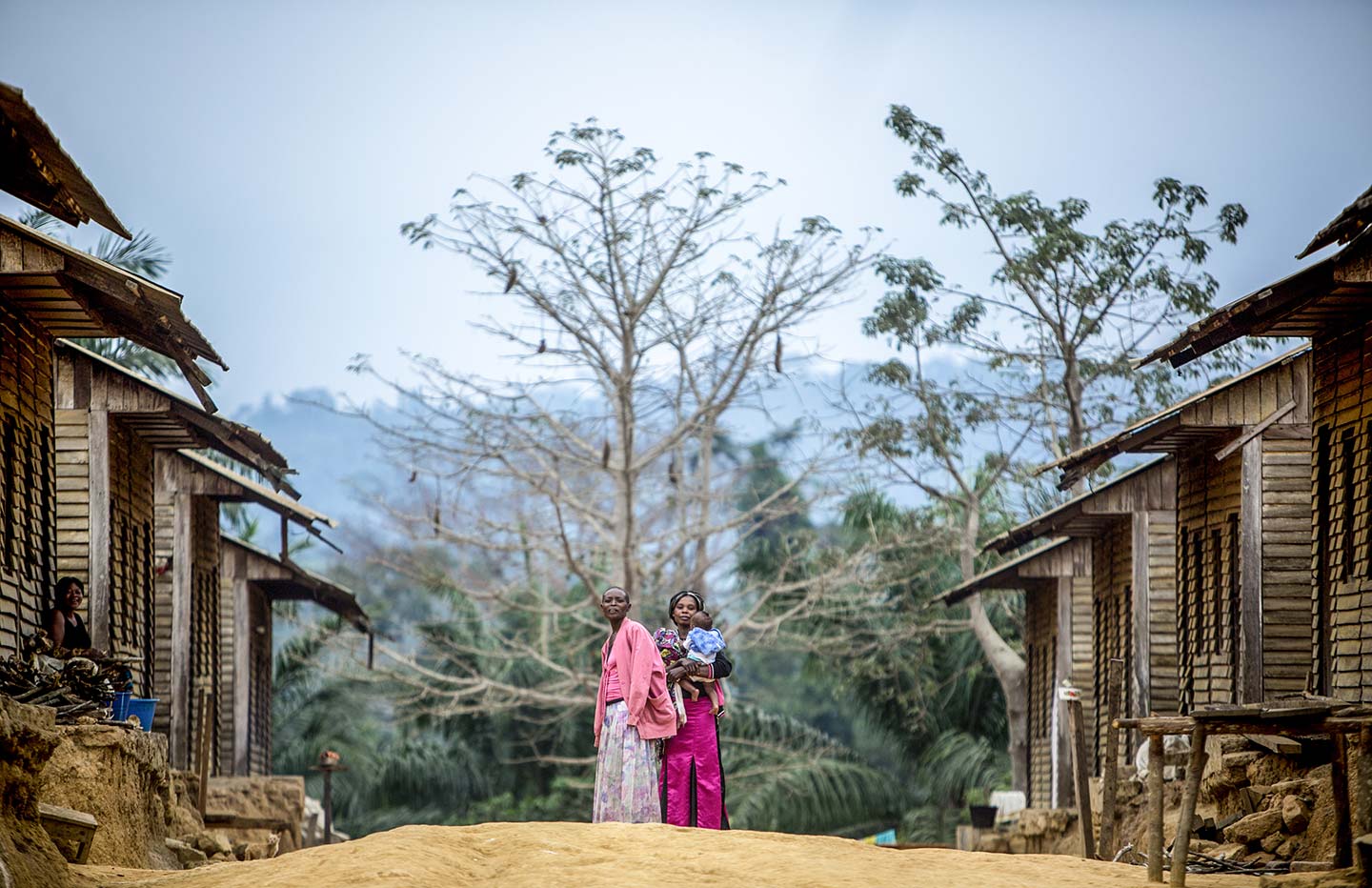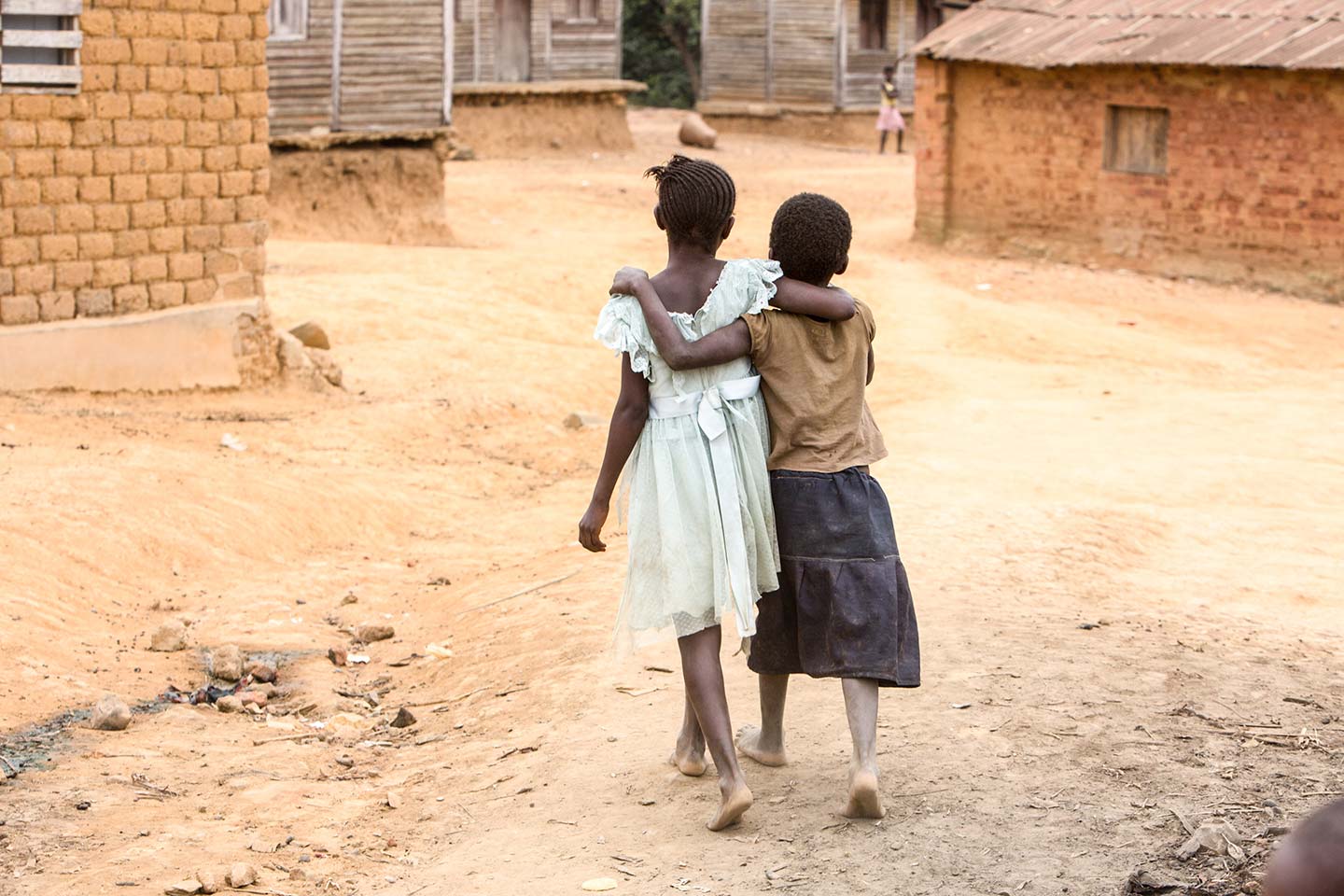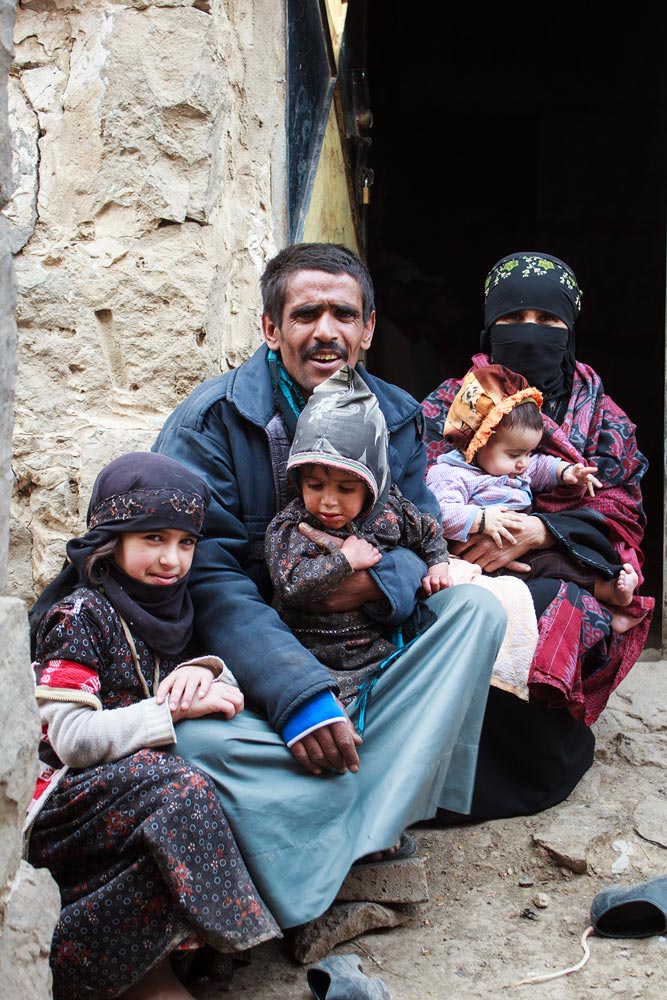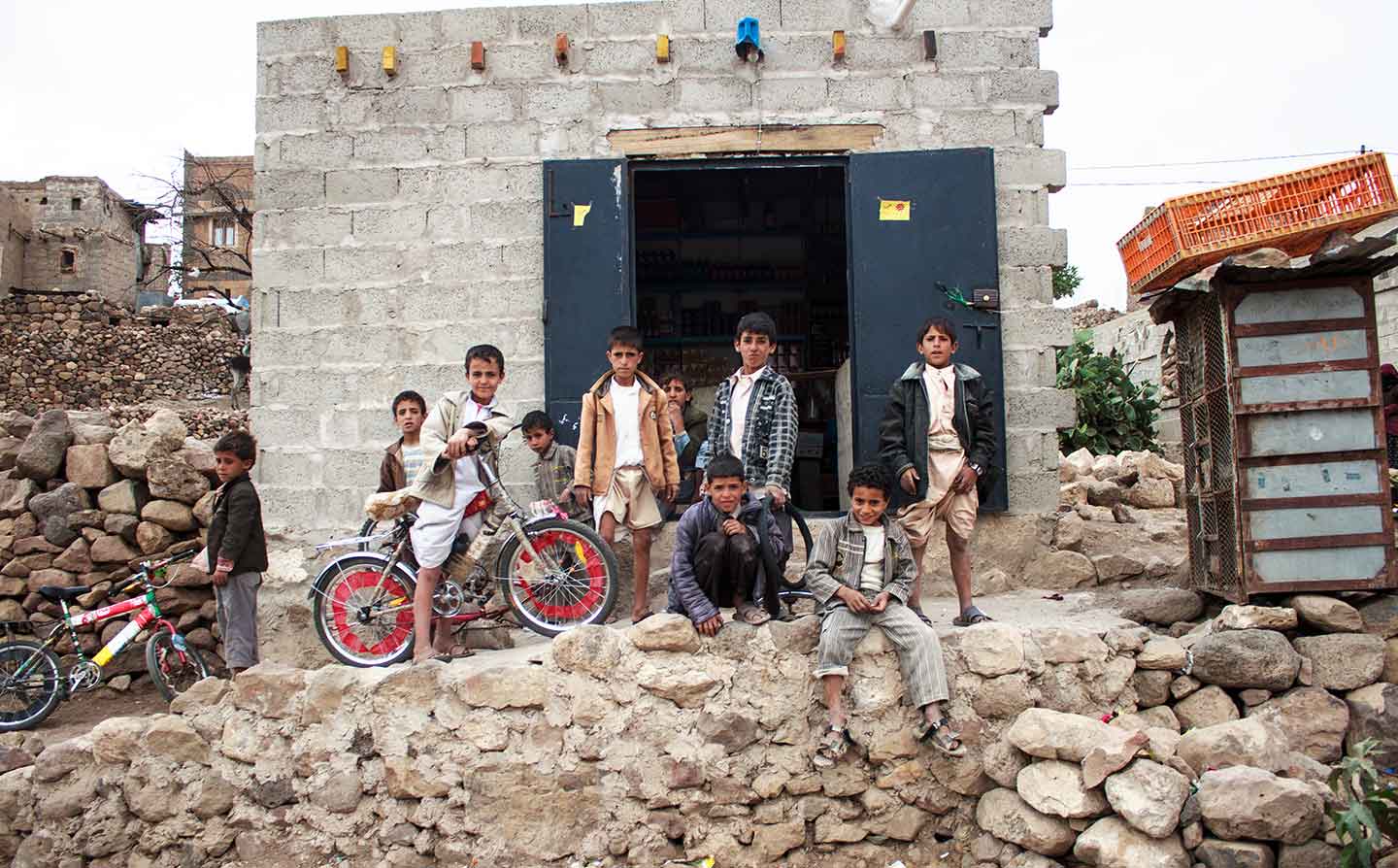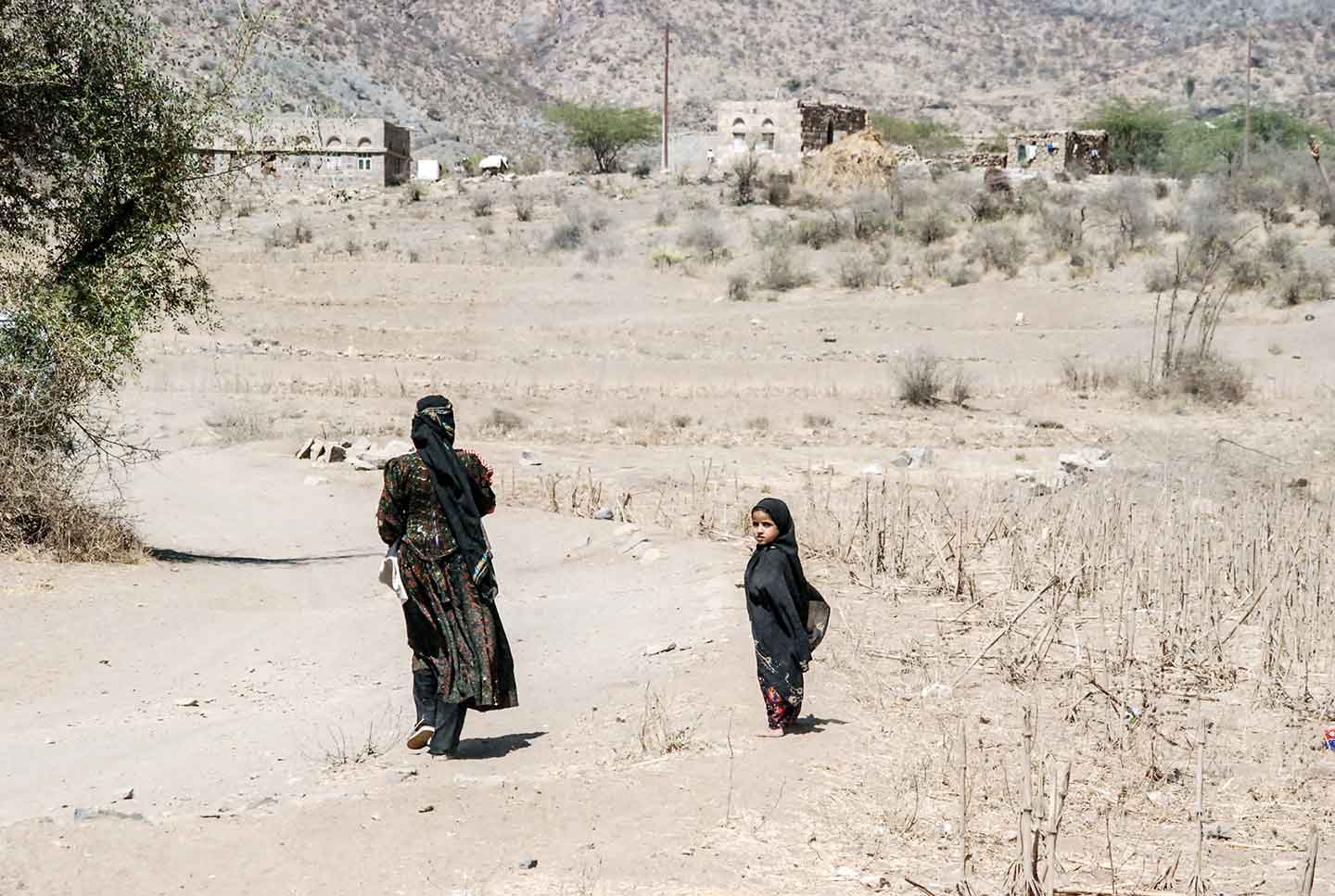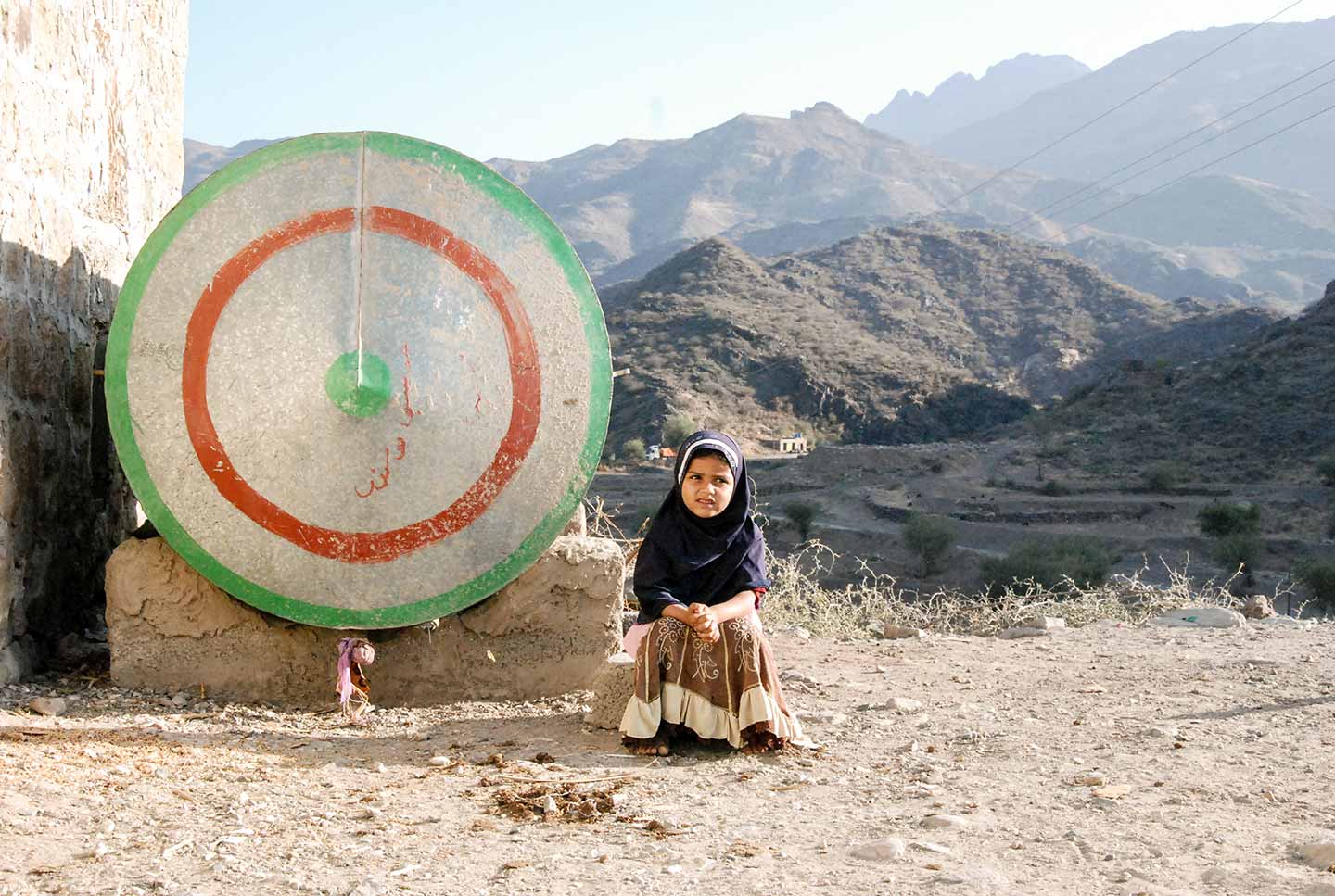The World Food Programme wins 2020 Nobel Peace Prize amidst ‘hunger pandemic’ triggered by COVID-19
These global efforts are increasingly urgent as the economic impact of the COVID-19 pandemic continues to put millions of lives at risk from famine and malnutrition.
- 9 October 2020
- 3 min read
- by Priya Joi

The World Food Programme has been awarded the 2020 Nobel Peace Prize for its “efforts to combat hunger [and] for its contribution to bettering conditions for peace in conflict-affected areas.” These global efforts are increasingly urgent as the economic impact of the COVID-19 pandemic continues to put millions of lives at risk from famine and malnutrition. Here we look at the collateral damage of the pandemic and the devastating impact it has had on food security.
Almost any crisis – health, conflict or natural disasters – always have one major consequence: increasing food insecurity and pushing many people closer to hunger and famine.
The award of the Nobel Peace Prize to the United Nations World Food Programme (WFP) is appropriate given the interconnection between conflict and hunger, one often driving the other.
Last month, the top UN relief official Mark Lowcock wrote to the UN Security Council warning that Yemen, South Sudan, northeast Nigeria and the Democratic Republic of the Congo were at risk of famine because of the COVID-19 pandemic. Even before the pandemic, these areas were already conflict-ridden and chronically food-deprived, with conflict making it near impossible for humanitarian workers to deliver aid. Now, the economic damage and public health disruptions caused by the COVID-19 pandemic is tipping these regions into full-blown famine.
Now, the economic damage and public health disruptions caused by the pandemic is tipping these regions into full-blown famine.
And hunger and famine are often key drivers of conflict as desperation can force people to grab whatever resources they can in order to survive.
COVID-19 is now pushing hunger to devastating levels, which has implications for peace – this year, the number of people facing deadly levels of food-insecurity will double to 265 million people, according to the WFP.
In 2019, two billion people – a quarter of the global population – experienced hunger or did not have regular access to nutritious and sufficient food, and 690 million were undernourished. According to the publications The state of food security and nutrition in the world 2020, produced by the World Food Programme, the World Health Organization and other UN agencies, the COVID-19 pandemic could make an additional 83-132 million people undernourished, a rise of 12-19%. Even in the countries not facing famine, disruptions to food supply and the lack of income from the loss of livelihoods and remittances as a result of COVID-19 means that million of people are now finding it difficult to get enough to eat, and when they do, it is often not nutritious enough.
Many people in these four countries are already facing significant health challenges from vaccine-preventable diseases, and hunger or malnutrition can greatly increase their risk of disease. The photos highlighted in this story show some of the people who could be affected by famine. Gavi is playing its part by trying to help protect them from other health threats, such as infectious disease through the provision of essential vaccinations.
Photo gallery
More from Priya Joi
Recommended for you




